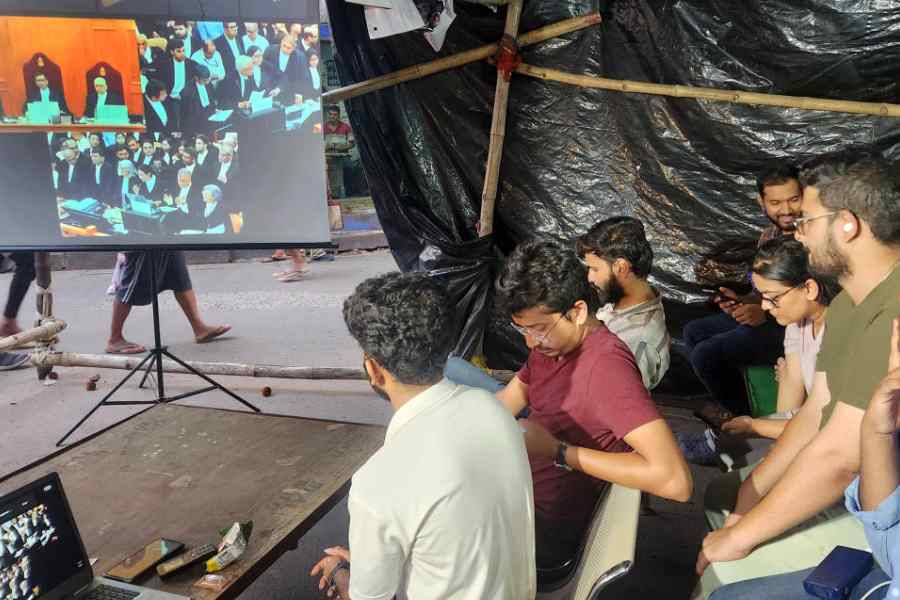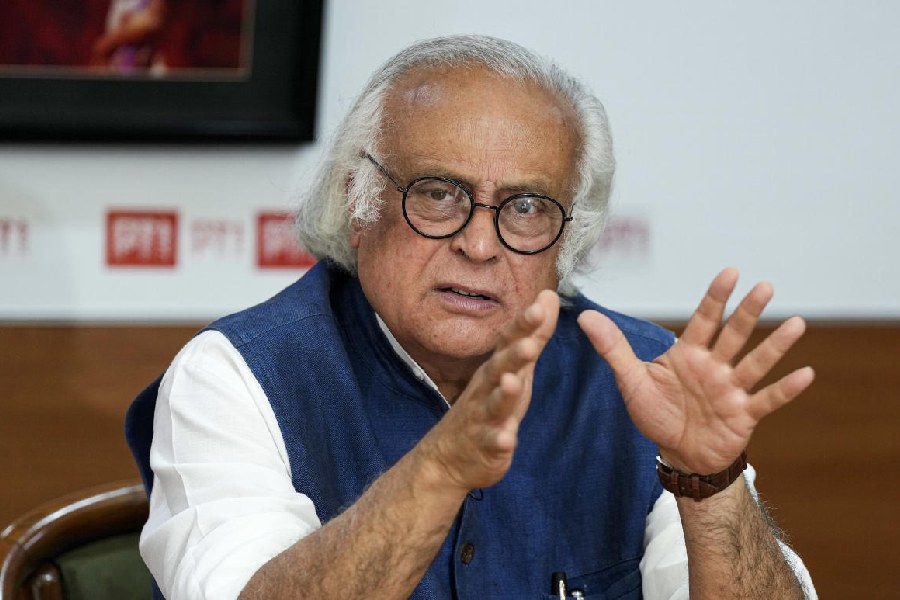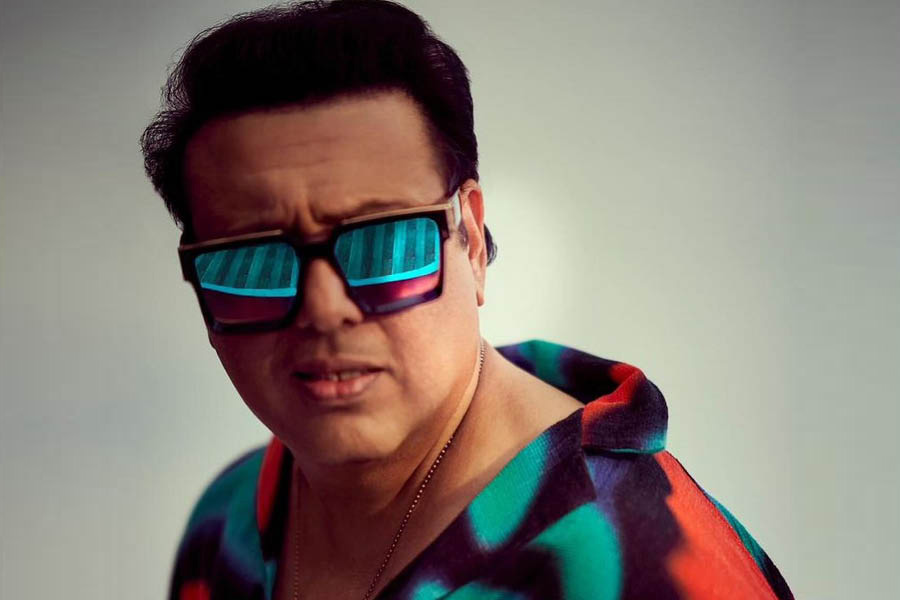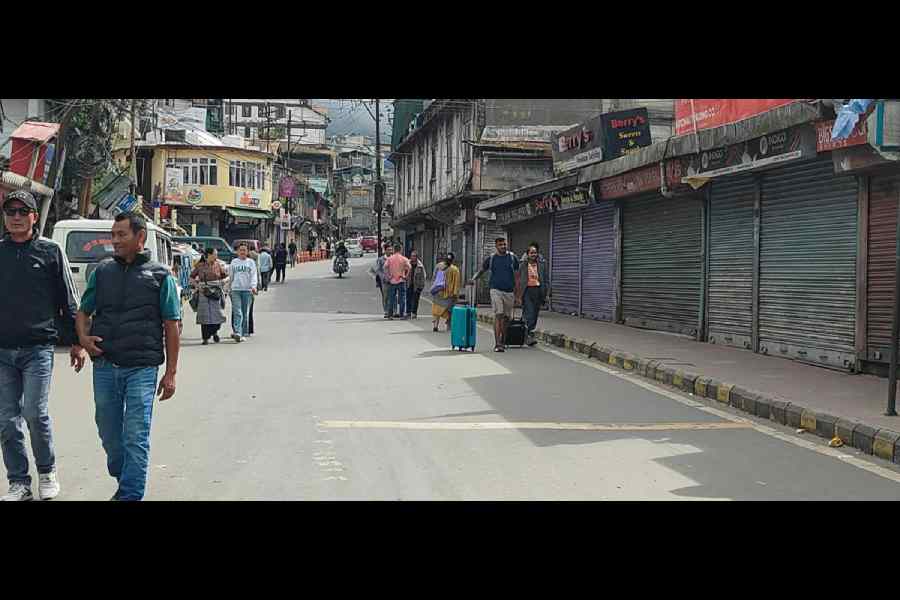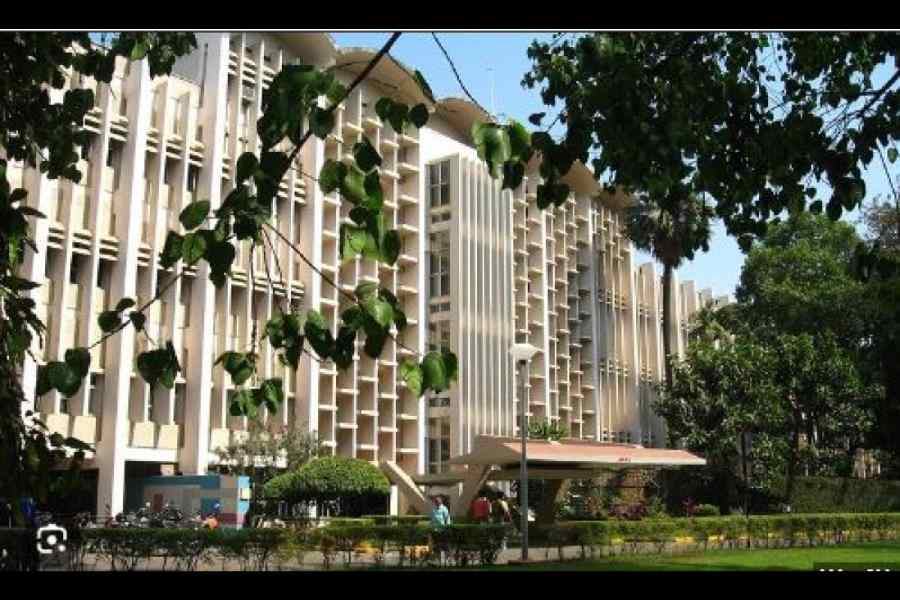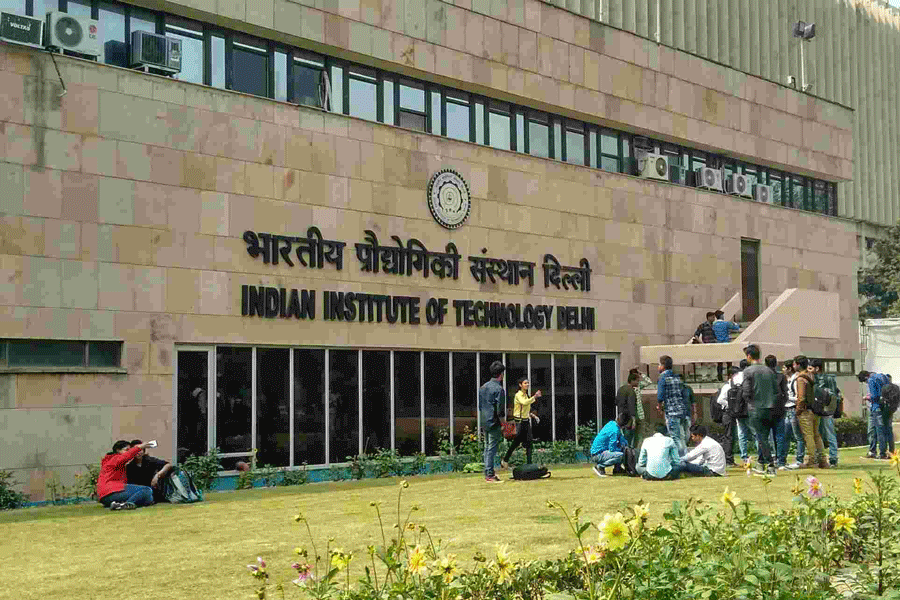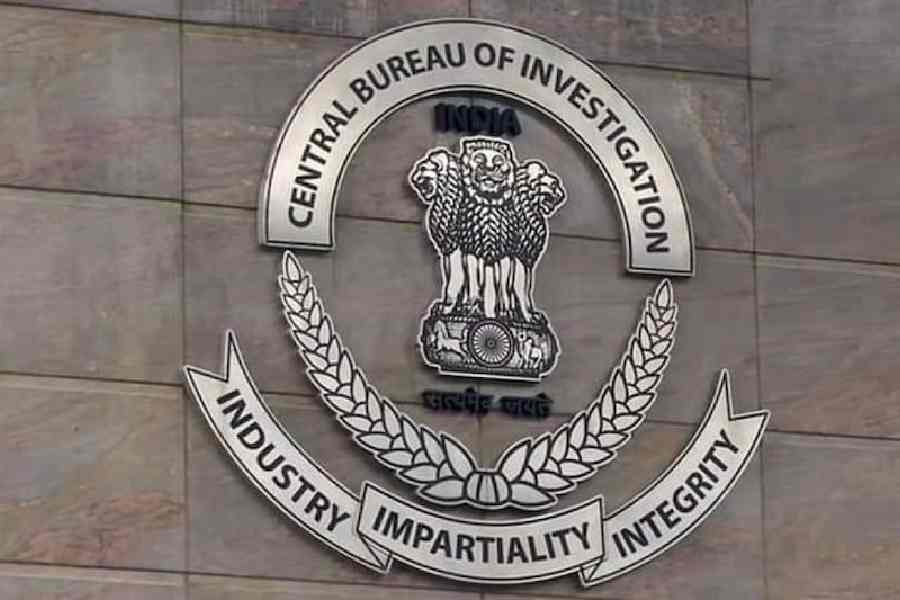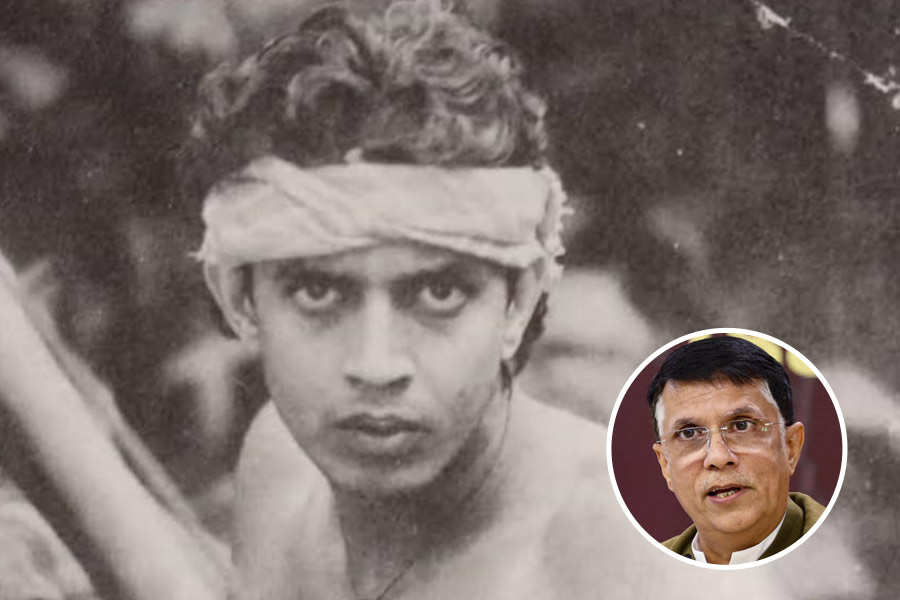The Supreme Court on Monday recorded an undertaking from junior doctors that they had resumed all “essential” services, “both OPD and IPD”, in hospitals across Bengal although the state government contested the medics’ claim.
The Mamata Banerjee administration told the court that the junior doctors had rejoined only emergency services at the end of their 42-day cease-work, triggered by the August 9 rape and murder of a postgraduate trainee at RG Kar Hospital.
The bench described as “tardy” the Bengal government’s actions in implementing safety measures at hospitals such as the installation of CCTVs, introduction of biometric systems, and the construction of separate duty rooms for male and female doctors, among others.
The bench of Chief Justice D.Y. Chandrachud, Justice J.B. Pardiwala and Justice Manoj Misra, however, recorded an assurance from senior advocate Rakesh Dwivedi, representing the Bengal government, that work on all such measures would be completed by October 31, and some by October 15.
“Learned senior counsel Ms Indira Jaising appearing for the resident doctors
and counsel appearing for the… doctors categorically stated that all doctors
have resumed duties and shall perform essential services including IPD and OPD,” the bench said.
“It is taken on record that all essential and emergency work are (sic) being performed by the doctors as submitted by the counsels appearing for the doctors….”
The junior doctors had resumed “essential services” from September 21. On Sunday, they had threatened another “complete cease-work” from Monday evening — after the apex court hearing — unless the administration gave a written assurance and a deadline by Monday afternoon for the implementation of their demands.
Monday’s hearing witnessed sparring between Dwivedi on one side and Jaising and Karuna Nundy, appearing for the doctors, on the other.
Dwivedi alleged that another patient had died and hospital services continued to be affected on account of the junior doctors’ continuing strike, prompting Jaising and Nundy to say this was a “lie” and that the doctors had fully resumed their duties.
The bench asked the doctors to give to the CBI the names of the seven individuals who, according to them, continue to “occupy positions” of prominence in the hospital administration despite figuring in the central agency’s probe into the RG Kar atrocity.
“This is not a simple rape and murder case. There are others also involved. At the request of the (then RG Kar) principal also there were some present at the scene of the crime,” Jaising said.
“The seven persons from RG Kar Hospital being investigated by CBI are still in employment. We are seeking their suspension temporarily…. How can the doctors work safely if these persons are still in power?”
The bench said it cannot pass any order suspending the officials or asking them to go on leave, as the state is the disciplinary authority.
Instead, it recorded an assurance from Dwivedi that “if CBI shares material with state showing material against such persons, state shall act in accordance with service rules and regulations”.
The bench refrained from revealing the contents of the CBI’s fourth status report, placed before it by solicitor-general Tushar Mehta, lest it affect the probe and alert the suspects.
Victim ID bar
The bench issued a fresh directive prohibiting the publication of the name and other details of the victim, stressing that it applied to all “intermediaries and publications” and not just Wikipedia.
Justice Chandrachud asked the electronics and information technology ministry to nominate a nodal officer who would inform the intermediaries about all such disclosures so that they could be taken down.
The ministry should also consider laying down guidelines, the bench said. Mehta assured the court that there already were guidelines prohibiting the disclosure of the names of sex crime victims.
The bench passed the order after senior advocate Vrinda Grover, appearing for the victim’s parents, handed over to the court documents relating to social media posts that continued to identify the murdered medic.
“There is a film now on YouTube — which is being released tomorrow on YouTube — based on RG Kar…. Now, how do we know how the girl has been portrayed and how it will impact the probe?” Grover said.
The bench then recorded the following order: “The attention of the court has been drawn towards pictures of the deceased along with videos which have proliferated all across social media. The earlier order (relating to) Wikipedia shall be applicable to all social media intermediaries and ensure that no picture etc of the victim of RG Kar is displayed.”
Duty rooms
During the hearing, Dwivedi said the state government needed the CBI’s consent to set up duty rooms at RG Kar.
To this, Mehta remarked: “Whatever they (the state) were not supposed to do during the initial five days, they have done it. Now even if they do something, there will be no objections from our side.”
He was alluding to the CBI’s complaint that its probe had been hampered by the alleged destruction of evidence in the initial five days when the Bengal police were in charge of the case.

